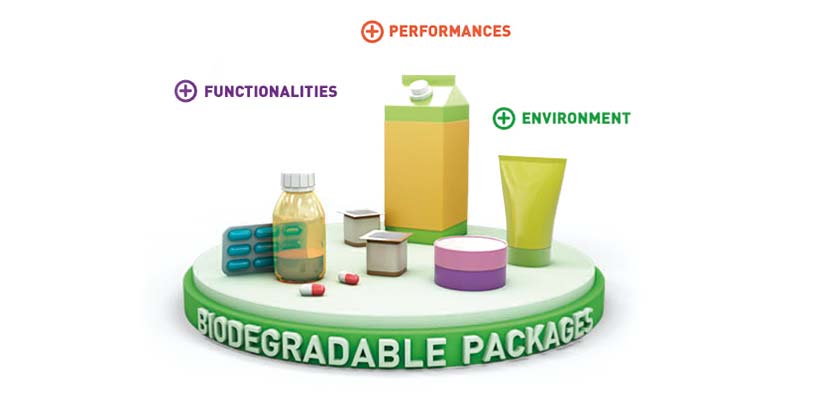
Supported by 7th European Framework Agreement, Condensia Quimica has been actively involved in the project Dibbiopack now coming to an end.
The current consumption levels of plastic bags, bottles and packaging made from petroleum, result in high levels of littering and an inefficient use of resources and cause environmental pollution, threatening aquatic eco-systems worldwide for the issue of the presence of garbage in the water bodies.
Within this context, the European Union the European Union has committed to the prevention and appoints the bioplastic as one of the innovative and emerging sectors, legislative support receptor (lead market). In fact, the Directive (EU) 2015/720 of the European Parliament and of the Council of 29 April 2015, amending Directive 94/62/EC as regards reducing the consumption of lightweight plastic carrier bags, introduce in its 8th article, specific measures for biodegradable and compostable plastic carrier bags, to be adopted by May 2017.

Condensia Química has accepted the challenge and for some years, has made a strategic in R & D developed additives for plastic obtained from natural sources or/and biodegradable, such as our Glyplast OLA.
For that reason, we have actively participated, with other 18 partnes from 7 countries, in the Dibbiopack Project, under the coordination of AITIIP Technological Centre, now comes to an end with a ceremony held in Zaragoza last February 24, 2016.
This Project has enabled the formulation and manufacture:
- Compostable and biodegradable materials with enhanced properties and perfectly adapted to an industrial use.
- Bio-based and biodegradable films with antimicrobial or enhanced barrier properties.
- Bottles of biodegradable and compostable material for pharmaceutical use with external biodegradable labels and with an oxygen- absorbing effect on the cap, and its ensuing sealing effect, as well as a minimum weight.
- Packaging for cosmetics with biodegradable labels that can be either on the inside (antimicrobial effect) or the outside (for information or decoration purposes.)
- Food trays for processed food in an oxygen- free atmosphere. Made from biodegradable and compostable materials, with biodegradable labels and having an antimicrobial effect on the inside. Furthermore, they have an integrated oxygen sensor in the RFID tag that provides de user with full details on content and its condition.
For further information: http://www.dibbiopack.eu